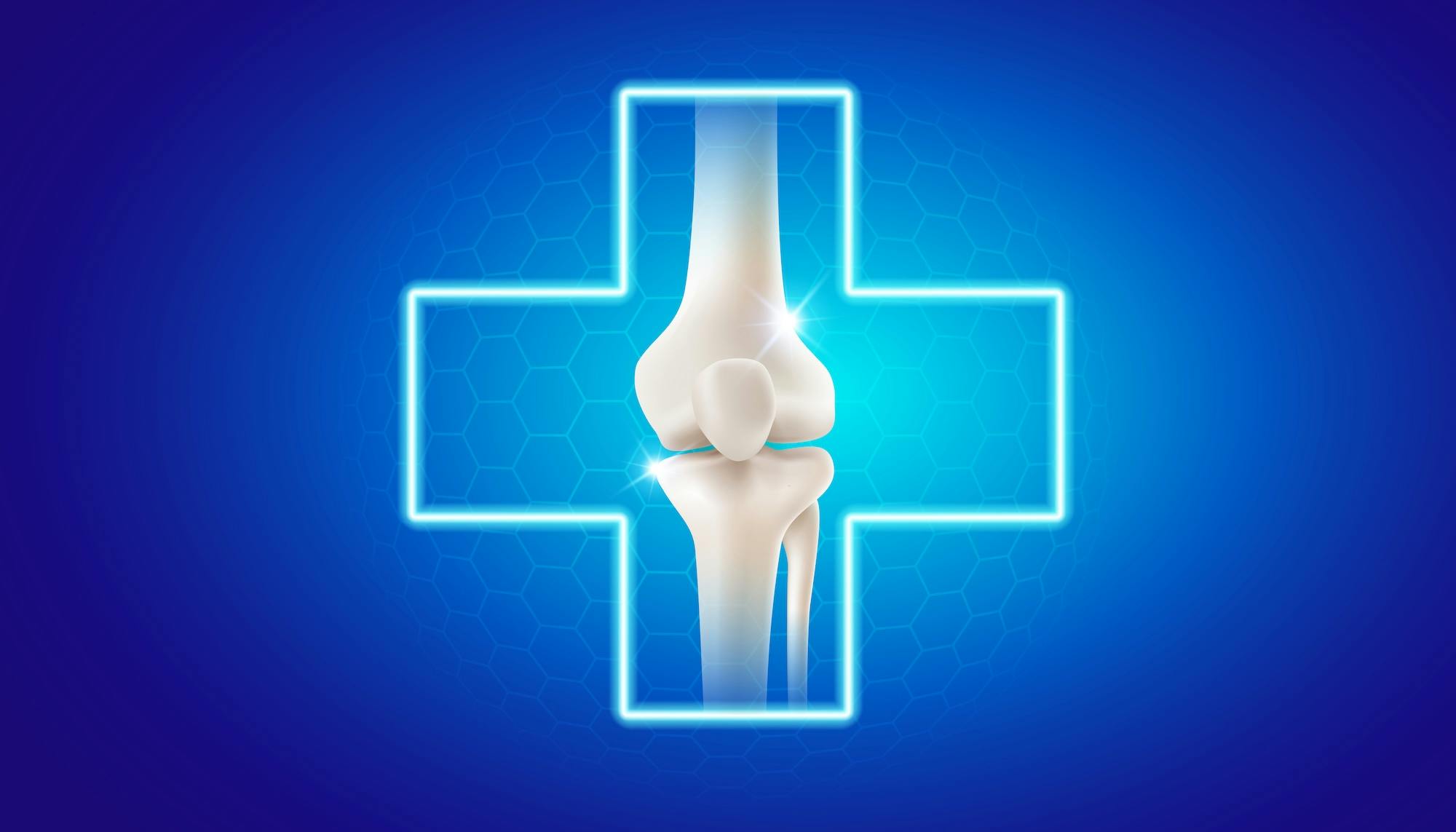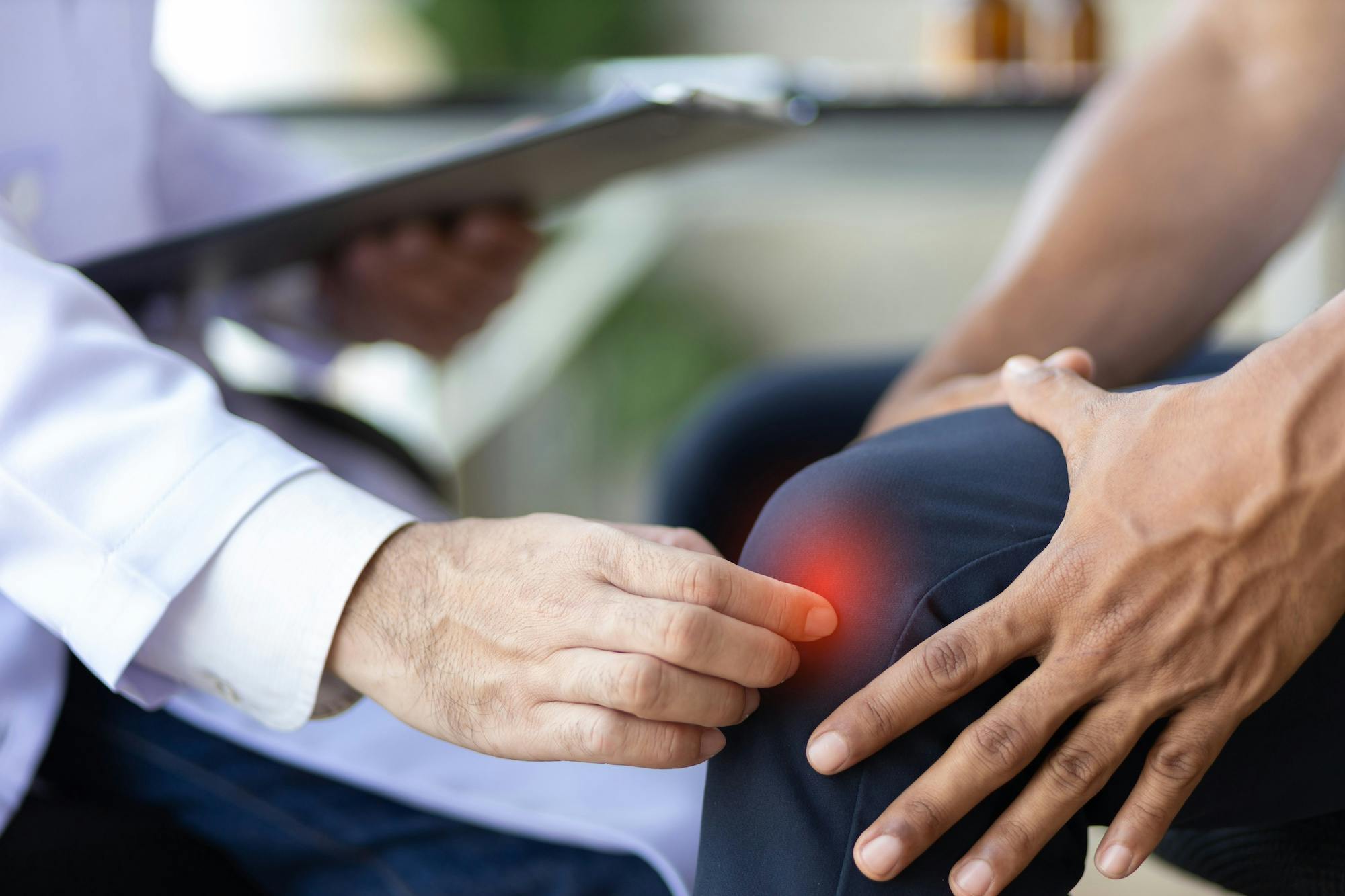- Blog
10 Questions to Ask Your Personal Injury Specialist
Posted on 03-14-2025 in Personal Injury by Dr. Erik Nilssen

Posted on 03-14-2025 in Personal Injury by Dr. Erik Nilssen
Orthopedic injuries can cause pain that lasts a lifetime. While many people associate orthopedics injuries with old age or contact sports, they are just as often caused by traumatic injuries resulting from car wrecks and on-the-job accidents. Accidents can cause a variety of orthopedic injuries, ranging in severity from mild to life-threatening. While you may seem fine in the immediate aftermath, the surge of adrenaline generated by your body during an accident can actually cover up serious but invisible injuries. These hidden injuries can surface in the days or weeks following an accident, and, if left untreated, they can lead to years of pain and suffering.
Dealing with these injuries often requires additional expertise, because many of these cases ultimately result in personal injury claims against employers, drivers, or insurance companies. Therefore, it is very important to seek out the right type of provider immediately following an accident so as to maximize your chances of a quick and complete recovery. At North Florida Bone & Joint Specialists, we go above and beyond for patients who have been involved in accidents—motor vehicle or otherwise—to ensure all of their orthopedic needs are met in a timely manner. Dr. Nilssen specializes in diagnosing and treating orthopedic injuries following an accident, with the ultimate goal of maximizing your quality of life and getting you back to your pre-accident levels of health and activity as quickly as possible.
If you have been injured in an accident, asking the right questions of your healthcare provider is critically important. Understanding your injury and its long-term consequences will help you fully prepare for recovery and arm you with the information necessary to get what you deserve through the claims and/or settlement process. Read on below for a list of the ten most important questions you should ask your healthcare provider following an accident.
1. What are my injuries?
It is very important to fully understand the nature and extent of your injuries. Understanding what you are facing will both help you prepare for the road to recovery and ensure you get what you deserve in the settlement or appeals process. Knowing what your injuries are is the first step towards getting healthy again and managing the proceedings of your personal injury claim.
2. How long will I be in pain?
One of the most critical parts of formulating a personal injury claim is gauging how long you will be affected by your injury. Understanding how long you can expect to be out of commission will not only help your claims process; it will also help you make the necessary arrangements in your personal and professional lives. Having been in an auto accident, determining how long you are burdened with the consequences of the accident is vital.
3. Will I need long-term treatment?
Understanding how an injury will affect your day-to-day activities is very important. You need to understand what, if anything, you will need to do moving forward to continue recovering from the injury. If you are going to have to do physical therapy, physiotherapy, or other treatments for the rest of your life, that needs to be a part of your personal injury claim.
4. Will my injury or my treatment plan limit my daily activities? If so, how?
It is very important to understand how your injury and treatment plan will affect your daily life. Following an injury, you may need to reduce or eliminate some activities you participate in prior to the accident. This includes exercise, work, and recreational activities. Understanding how your injury will affect these areas of your life will help you navigate your life post-accident.
5. Will my treatment plan have any side-effects or long-term effects?
Sometimes, treatments and therapies themselves can have unanticipated side effects. If your injury requires surgery, there will be a recovery process that can take days or weeks; even if you just have an injection or orthobiologic treatment, there may be side effects you have to account for. This could affect your personal and professional life, so it is very important to understand how these things will impact you on a daily basis.
6. How did I sustain this injury?
What exactly caused the injury? Could it have been avoided? Adding this insight into your personal injury claim can prove that the injuries you sustained could only have been caused by the accident and nothing else. Oftentimes, attorneys defending their clients from personal injury claims will try to claim that your injury was pre-existing and not caused by the accident. Having a medical provider who will help you eliminate this line of argument will help ensure you get what you deserve.
7. What are the long-term implications of my injuries?
Am I going to need a cane to walk? Will I be experiencing chronic pain? How will my injuries affect me years later? Knowing the damaging effects of your injuries will help you round out your personal injury claim and ensure you don’t undersell the serious impacts of the accident.
8. When will I get my test results?
Knowing how long you will have to wait to fully understand your injury is important for you to be able to add the proper documentation to your claim. The timeline required to process and analyze tests, whether they’re laboratory tests or MRI scans, is one of the most critical drivers of the overall timeline.
9. Can I return to work?
Recovering from serious injuries could require you to take time off from work. If this happens and you do not have short term disability insurance, this lost income will need to be incorporated into your personal injury claim. Lost income is a very important part of personal injury claims, so it must be accounted for in calculating the total impact of your injury.
10. Can I have a copy of my medical records?
Finally, you will need to attach copies of your medical records to a personal injury claim at filing time. It is very easy to request these from your provider, so make sure you ask at the time of your appointment. Doing so will help speed along the process of making your personal injury claim.

Valentine’s Day is all about love—so why not show your joints some love, too? Whether you’re an athlete, an active adult, or simply looking to maintain mobility as you age, taking care of your joints is essential for long-term health and well-being. At North Florida Bone & Joint Specialists, we believe that self-care isn’t just about relaxation—it’s about making intentional choices to keep your body strong, pain-free, and resilient. Here are four self-care tips to keep your joints healthy and moving with ease:

Pickleball is more than just a fun, fast-paced game—it’s one of the fastest-growing sports in the country. With its easy learning curve and appeal to players of all ages, it’s no wonder that pickleball courts are popping up in neighborhoods and recreation centers everywhere, including right here along the Gulf Coast.

Recently, Dr. Ryan Riggs completed training on iovera°, an innovative pain relief treatment that uses extreme cold to stop nerves from sending pain signals to your brain. The system is safe, doesn’t damage or destroy any surrounding tissue and does not contain any medication.